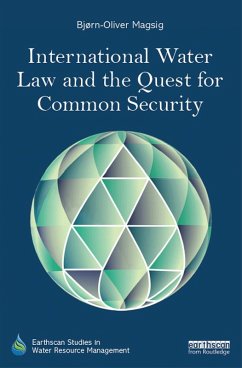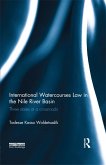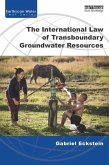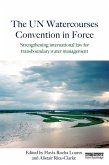The world's freshwater supplies are increasingly threatened by rapidly increasing demand and the impacts of global climate change, but current approaches to transboundary water management are unsustainable and may threaten future global stability and international security. The absence of law in attempts to address this issue highlights the necessity for further understanding from the legal perspective. This book provides a fresh conceptualisation of water security, developing an operational methodology for identifying the four core elements of water security which must be addressed by international law: availability; access; adaptability; and ambit. The analysis of the legal framework of transboundary freshwater management based on this contemporary understanding of water security reveals the challenges and shortcomings of the current legal regime. In order to address these shortcomings, the present mindset of prevailing rigidity and state-centrism is challenged by examining how international legal instruments could be crafted to advance a more flexible and common approach towards transboundary water interaction. The concept of considering water security as a matter of 'regional common concern' is introduced to help international law play a more prominent role in addressing the challenges of global water insecurity. Ways for implementing such an approach are proposed and analysed by looking at international hydropolitics in Himalayan Asia. The book analyses transboundary water interaction as a 'case study' for advancing public international law in order to fulfil its responsibility of promoting international peace and security.
Dieser Download kann aus rechtlichen Gründen nur mit Rechnungsadresse in A, B, BG, CY, CZ, D, DK, EW, E, FIN, F, GR, HR, H, IRL, I, LT, L, LR, M, NL, PL, P, R, S, SLO, SK ausgeliefert werden.









